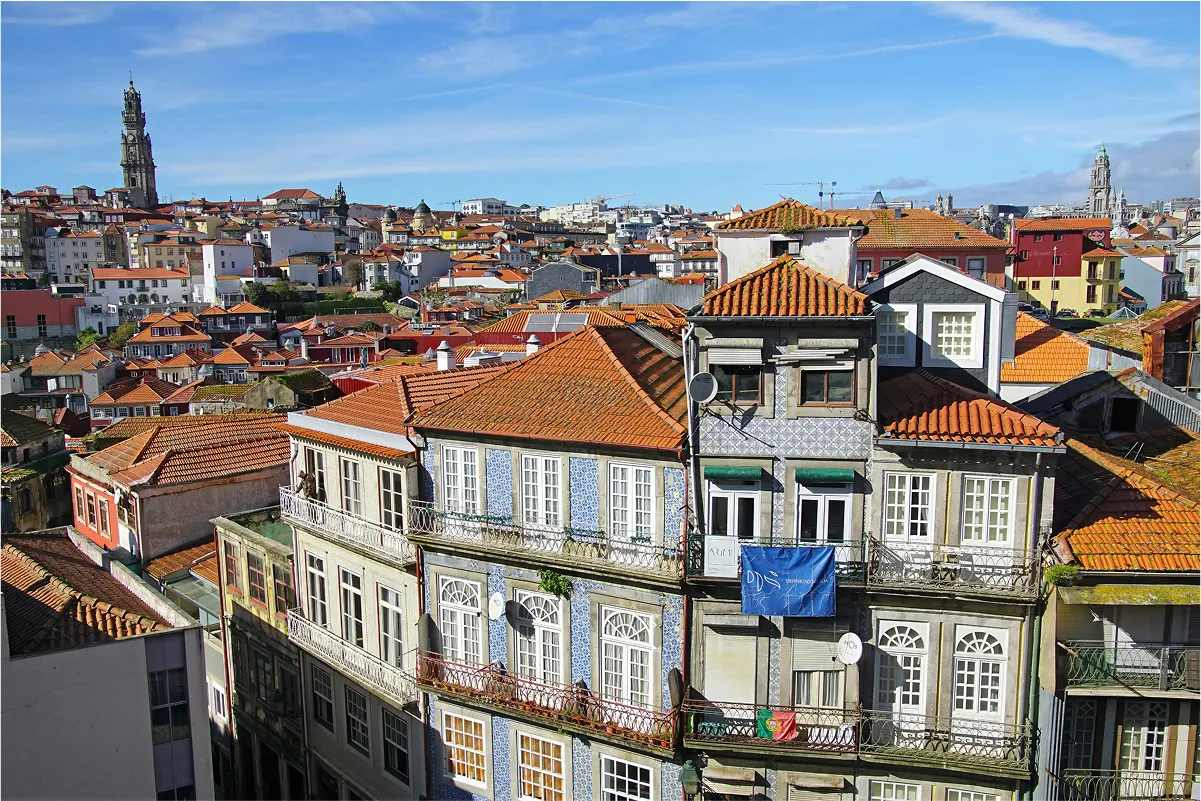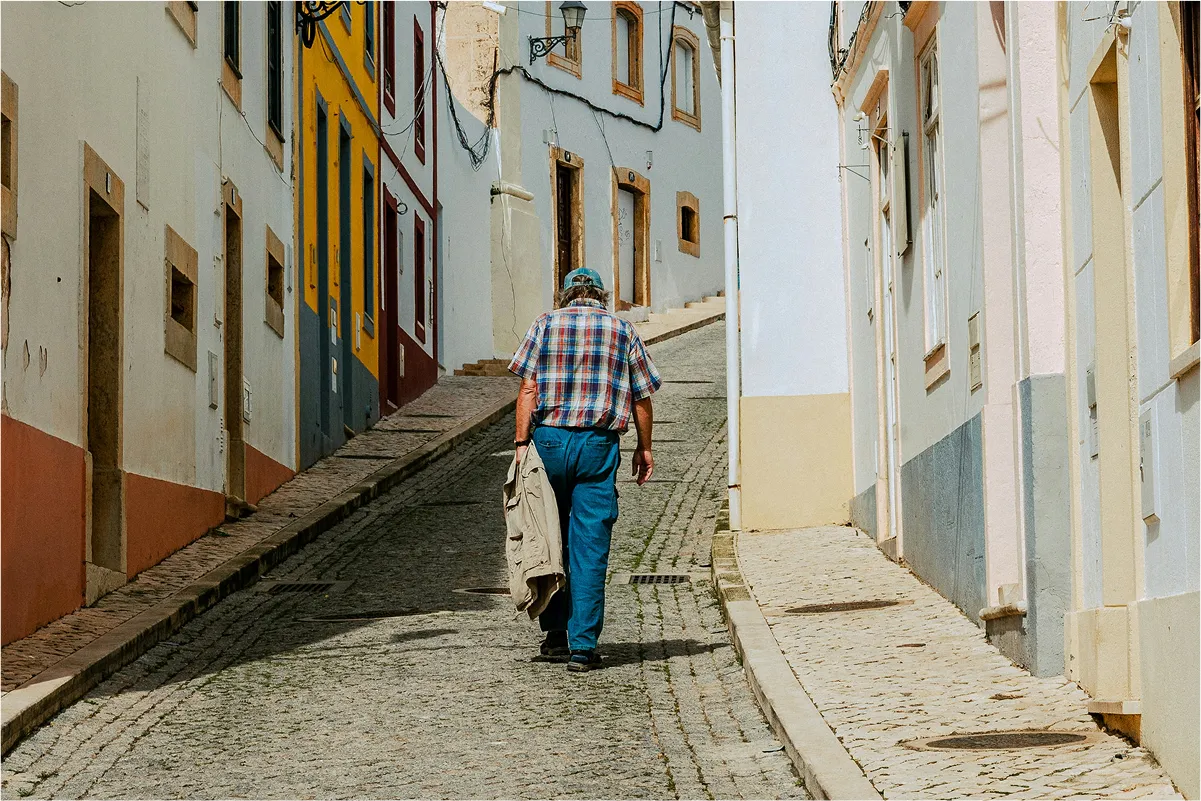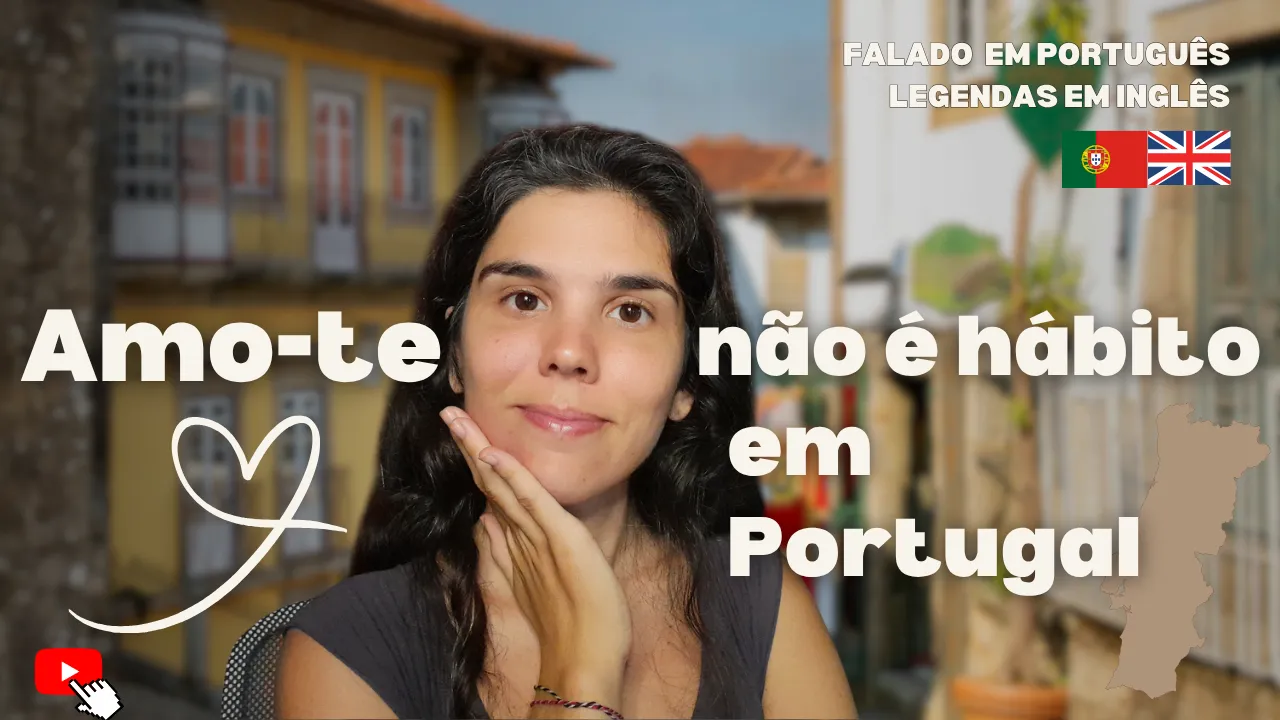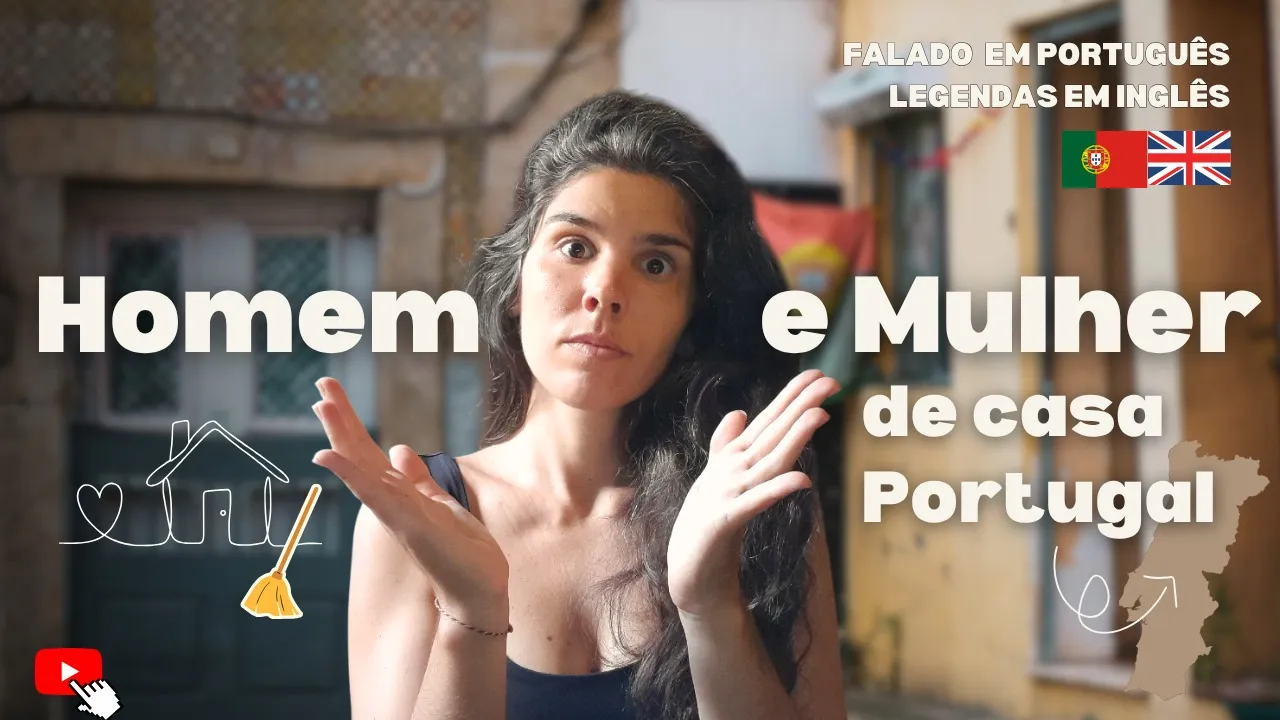If you’ve been studying Portuguese for a little while, you’ve probably seen those mysterious letters: A1, A2, B1, B2… but, you might be wondering, what do they actually mean?
These levels come from the CEFR (Common European Framework of Reference for Languages), an international standard that describes language ability across six levels — from complete beginner (A1) to mastery (C2). A2 is the second step on this scale.
In this article, I want to explain what A2 level Portuguese is all about, so you can see if this is the right stage for you.
From A1 to A2: Surviving vs. Living
At A1, the focus is survival. You learn how to introduce yourself, order food, ask for directions. The basics that help you get by.
At A2, something exciting happens: you move beyond survival and start to actually live in Portuguese. You can have short conversations, understand simple stories, and manage everyday tasks with more independence.
Think of A2 as the bridge between “just getting by” and “really interacting.”
What You’ll Be Able to Do at A2
By the end of A2, you’ll be able to:
- Talk about familiar topics like family, hobbies, shopping, or travel.
- Talk about the past and the future, not just the present.
- Connect your ideas with words like porque (because), então (so), mas (but).
- Understand short texts and stories when the language is clear.
- Deal with practical situations like booking a room or asking for directions.
It’s the stage where you’ll still make mistakes, but you’ll also feel much more independent when speaking.
How Long Does It Take?
Most learners reach A2 after about 100 to 120 hours of study on top of A1. With consistency, that usually means 6 to 9 months.
The Challenges of A2
Every level has its difficulties, and at A2 the most common are:
- Choosing between the two past tenses (Pretérito Perfeito vs. Pretérito Imperfeito).
- Building longer sentences without hesitation.
- Understanding native speakers when they talk quickly or use slang.
If you’ve felt these struggles, don’t worry! it’s a normal part of moving forward.
Quick Self-Check: Are You Ready?
Here are some questions to see if you’ve already mastered A1:
- Can you introduce yourself fully?
👉 Olá, chamo-me Anna. Tenho 25 anos, sou americana e moro em Lisboa.
- Can you ask and answer basic questions?
👉 De onde és? / Qual é a tua profissão?
- Can you describe your daily routine?
👉 De manhã acordo às sete, tomo café e vou trabalhar.
- Can you order food in a café?
👉 Quero um café e um pastel de nata, por favor.
- Can you understand very familiar words like numbers, prices, or directions if spoken slowly?
If you said “yes” to all of these, then parabéns 🎉 — you’re ready for A2!
Join the Next A2 Live Course
If you’re ready to move into A2, I’d love to have you in my upcoming A2 Live Intensive Course.
Here’s what you’ll get:
- Four weeks of live classes on Zoom (recordings included if you miss one).
- Homework and materials to keep practicing after class.
- A supportive group of learners at the same stage as you.
- My guidance as your native European Portuguese teacher.
👉 See all the details and sign up here.
Learning Portuguese is a journey, and A2 is such an exciting step. It’s where you stop just surviving and start living the language. I’d love to help you get there.
Watch on Youtube



